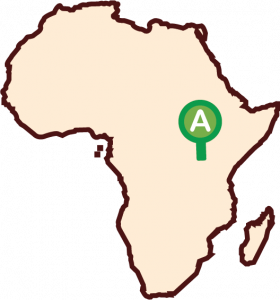Project Leads
The Problem
Researchers working in the life sciences are generating data of increasing size and complexity due to modern research techniques. Interpreting this data is essential for understanding health and disease and developing solutions to improve African and global health. Makerere Univeristy in Uganda is home to four large H3Africa projects, but lacked a dedicated bioinformatics degree training program at the institution. This training is needed to capitalize on the enourmous progress these programs have generated and to sustain genomics research in Africa.
Project Strategy
At Makerere University:
- Establish a Master of science program in bioninformatics to support local researchers and industry in the analysis of their data.
- Establish a doctoral program in bioinformatics to produce critical thinkers in genomics and bioinformatics; and to respond to the burden of disease on the continent.
- Provide postdoctoral training in bioinformatics to enable former trainees to transition into leadership roles.
- Establish a bioinformatics center of excellence that will coordinate and support bioinformatics training and research at Makerere.
Potential Impact
The increasing number of highly qualified bioinformaticians that BRecA will deliver will have the knowledge and skills to analyze genomics, genetic and environmental data relevant to cross cutting health issues in eastern Africa. They will be competent to engage in equitable collaborations as highly qualified Bioinformaticians with peers in Africa and elsewhere to lead research, participate in the analysis of complex datasets and train the next generation of bioinformaticians. As genomic data grows in influence on health research and practice, growing the generation of young Africa scholars with this competence is essential.
Project Sites

A: Uganda
Makerere University
Non-African Collaborators:
USA: Baylor College of Medicine, Georgia Institute of Technology




